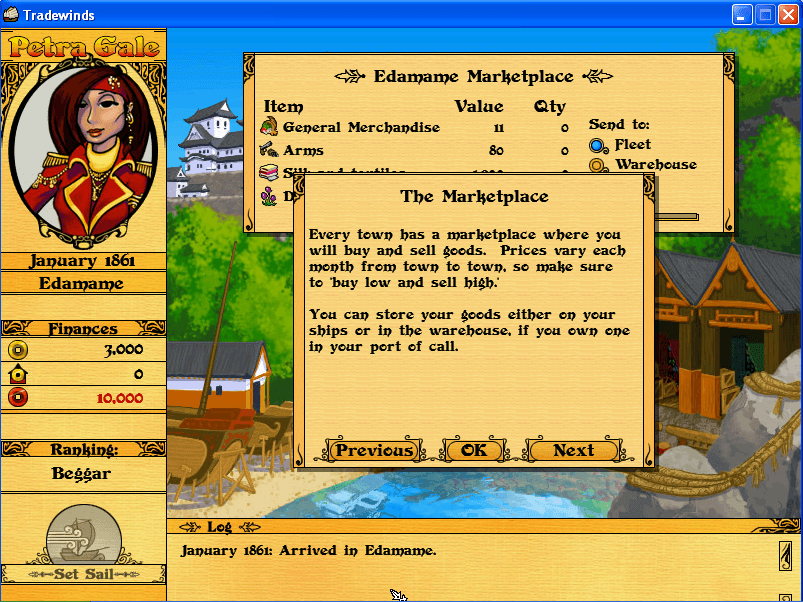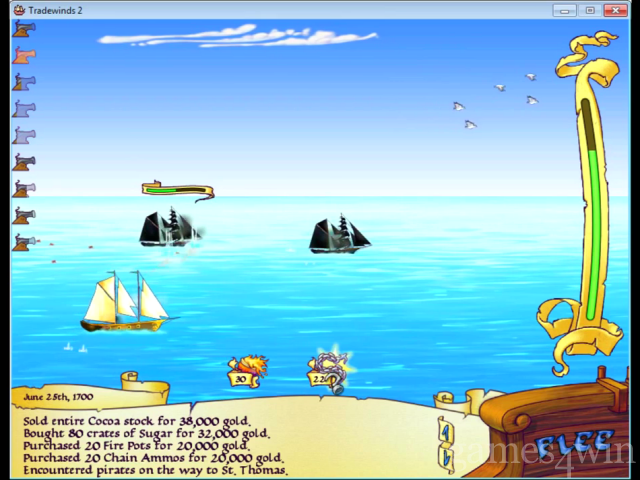

The company has set aside $20 billion for a fund intended to make whole both private enterprises (for lost earnings) and the states and the federal government (for cleanup costs), with a promise to throw additional money in the pot if more is needed to cover legitimate claims.īut what if every business in Florida’s $60 billion-a-year tourist trade stands up and demands compensation for what it would have earned this summer had the spill not happened?Īnd what if hotels, restaurants, gas stations, miniature-golf courses, amusement parks, grocery stores, retailers, movie theaters and others want more than just those losses? What if they demand future lost revenue, too money that would have come to Florida next year, and the year after, but won’t because people who spent their summer vacations in, say, South Carolina decided that they liked it enough to go back?

What has scarcely been noted, however, is that virtually oil-free Florida just might hoover up the bulk of BP’s settlement money. For the most part, these are people in Louisiana, Mississippi and Alabama.

The aftermath and legal wranglings of the BP fiasco have focused so far on commercial interests like fishing, shrimping and food processing that relied directly on the gulf for their livelihoods. The answers involve a sum of money that can safely be described as staggering. They blame BP, and they think the company should compensate them for money they would have earned but for the onset of black-crude hysteria.Īre they right? Should companies like TradeWinds collect damages from an oil spill even if their beaches were never sullied? Put another way, should BP have to pay for economic hardship caused by the public’s reaction to the oil, even if that reaction was utterly irrational? Overton and others don’t blame tourists or the news media for failing to grasp basic geography and ocean currents. Pete Beach and hundreds of other vacation spots throughout the Sunshine State would have pristine beachfronts through the summer, even under the worst of the worst-case scenarios.īut Mr. Of course, anyone who bothered to look at a map would have known that St. Overton’s calculations, his profits from April to late October sank by slightly more than $1 million, compared with his average earnings during the same period for the last three years. Pete and never called in the first place. After the explosion on April 20, there were some cancellations, but what really wrecked the summer for TradeWinds was the countless number of people who feared that oil was about to hit St. “At first we thought, ‘Well, people will know there’s a spill in the Gulf of Mexico, and they won’t think that St. “That was the moment I realized how big the problem had become,” recalls Mr. This barrier-island city and snowbird haven is hundreds of miles from the nearest land befouled by the collapse of the Deepwater Horizon platform and the epic gusher it left behind. Not then, not in the months that followed and not now. “Because your beach is covered with oil,” she said.Īctually, there wasn’t a drop of oil anywhere in sight. The guy an engineer who had worked at the hotel for a dozen years had just spoken with his mother, who lives in Bosnia, and the conversation went like this:

IN late April, a week after the BP oil spill began, Keith Overton had an alarming encounter with one of his employees here at the TradeWinds Resort.


 0 kommentar(er)
0 kommentar(er)
